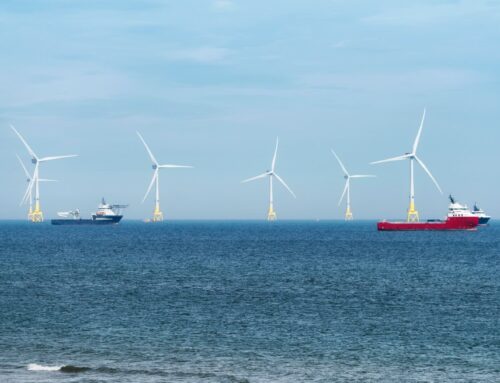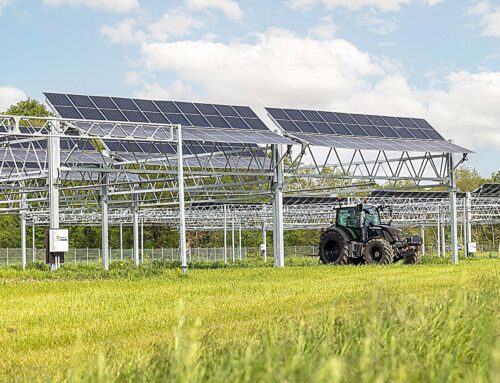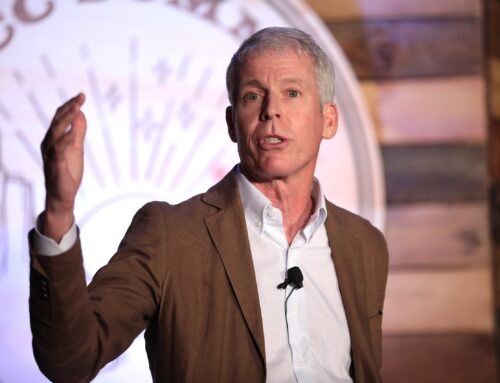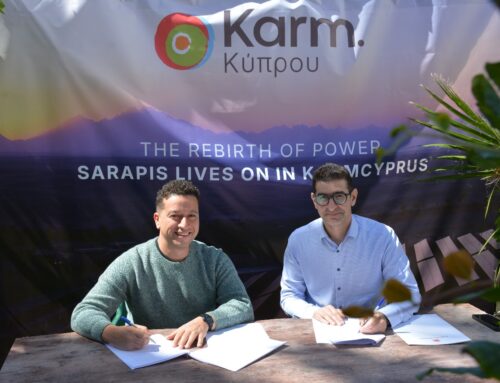Why is climate action stalling, not ramping up as Earth gets hotter?
November 24, 2025

Ten years on from the Paris Agreement, we should be seeing a massive ratcheting up of climate action. Instead, the past four years have seen almost no progress – including at the latest COP summit, which failed to take any meaningful steps towards phasing out fossil fuels or ending deforestation. What’s going on?
I don’t know the answer. But I’m starting to fear that rather than responding more rationally as the world heats up and the impacts get ever more serious, our responses are becoming more irrational. If that is the case, climate impacts are going to be much worse than they would otherwise be, and the prospect of a decline in our global civilisation seems more plausible than I have long thought.
Advertisement
Let’s start by going back to the Paris Agreement of 2015. The whole idea of an international climate agreement under which every country sets its own targets for limiting greenhouse emissions seemed ludicrous to me. As did the idea of setting an “aspirational” target of 1.5°C that was wildly disconnected from what countries were planning to do. Supporters claimed this would be solved by a “ratchet mechanism”, under which countries would progressively increase their targets.
I wasn’t convinced. I came away from Paris regarding it as a gigantic greenwashing exercise. My expectation was that it would have little immediate impact, but as the effects of warming became more obvious, action would start to ramp up. In other words, reason would eventually prevail.
So far, the opposite has happened. In the lead-up to Paris, in October 2015, the Climate Action Tracker project estimated that the world was heading for warming of around 3.6°C by 2100, based on current policies and action. By 2021, that estimate had been revised down to around 2.6°C. That’s a massive improvement − it seemed Paris was working.
But the latest Climate Action Tracker report ahead of the COP30 summit makes for grim reading. For the fourth year in a row there has been “little to no measurable progress”. “Global progress is stalling,” the report says. “While a handful of countries are making genuine progress, their efforts are counterbalanced by others delaying, or rolling back climate policies.”
In fact, an astonishing 95 per cent of countries missed this year’s deadline for updating their targets under that ratchet mechanism.
Yes, renewable energy generation is growing much faster than predicted. But this is being counterbalanced by the huge sums being poured into fossil fuels. Cheap solar alone isn’t going to save us. For one thing, negative feedback effects kick in: the more solar there is, the less profitable it is to install more. For another, generating green electricity is the easy part – we’re not making nearly enough progress on the hard things, such as farming, flying and steel-making.
What’s more, the problem isn’t just the failure to slash emissions. We’re not preparing to cope with what’s coming, either. We’re still building cities on sinking land next to rising seas. “Adaptation progress is either too slow, has stalled, or is heading in the wrong direction,” said an April report by the UK’s Climate Change Committee – and the picture is similar elsewhere.
The big question is why climate action is stalling instead of ramping up further. In some countries, it’s obviously due to the election of politicians who don’t see climate change as a priority or unashamedly deny it, as reflected by the US withdrawing from the Paris Agreement.
Even governments that say climate is a priority are doing less, however, seemingly on the basis that there are more urgent issues to deal with such as the cost of living crisis. Yet the cost of living crisis is in part a climate crisis, with extreme weather helping drive up food prices. As warming continues, the impact on food and the wider economy is only going to become more serious.
Are we going to get to the point where governments say they can’t act on climate change because of the costs of dealing with major cities being inundated by rising seas? Are people’s fears about the state of the world going to make them keep voting for climate deniers despite pollsters telling us that most people worldwide want more climate action?
The idea that that growing evidence will persuade leaders to come to their senses is looking ever more naive. We are, after all, in a strange multiverse where the US Centers for Disease Control is promoting antivax nonsense even as the country is about to lose its measles-free status, and where some politicians promote the idea that hurricanes were due to weather manipulation.
After year after year of record-smashing heat, it’s never been more obvious that climate change is real and really bad. But perhaps that’s the problem. The philosopher Martha Nussbaum has argued that fear is a tremendously negative force that makes people abandon rationality and focus on their immediate welfare rather than the long-term good. And there is some evidence that environmental stresses make people behave irrationally.
People tend to leap straight from “things are bad” to “we’re all doomed”. No, we aren’t doomed. But the longer it takes for reason to prevail, the worse the outcome will be. Maybe what we’re seeing is just a blip related to the pandemic fallout and Russia’s war on Ukraine − or maybe there’s something more worrying happening.
Search
RECENT PRESS RELEASES
Related Post




